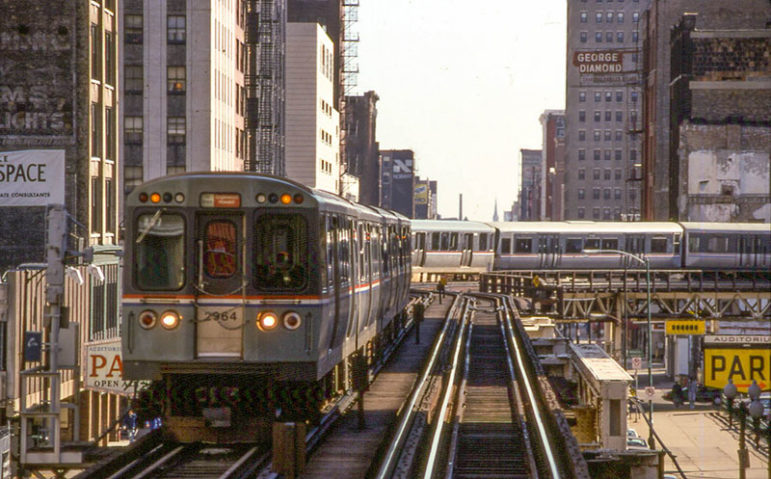
September 12, 2016; Fast Company
Chicago just suffered its 500th homicide in 2016, setting a 20-year record. The city is making international news for having more killings than in New York and Los Angeles combined. The BBC recently produced its own video about the crisis.
But the more disturbing statistic is the number of attempted murders. An average of 12 people are shot each day in Chicago. Here is another video, taken last Wednesday. This time, it’s of two kids on bikes passing a 71-year-old man watering his lawn; they circle back to rob the man of his wallet. The victim rises, but he’s shot in the abdomen.
You feel for the elderly man. What do you feel for the boy who brazenly shot him in the middle of the day on a busy Chicago street? This killer casually got back on his bike to ride off but not before checking to see what was in the stolen wallet. Do your thoughts run to how society created such a nihilistic boy with nothing to lose and nothing for which to live?
Culture Shock Games created We Are Chicago as a first-person, narrative-driven video game using real stories to help you develop understanding and perhaps empathy for these young shooters. According to the website, “You’ll explore your relationships to find out the truth and uncover what really matters.” As this trailer depicts, the game places you in the midst of the chaos. “A portion of the proceeds” from the sale of the game once it is released in 2017 will benefit Chicago nonprofits addressing the violence.
The game’s primary character is based on Sean Young, who grew up at Altgeld Gardens Homes, the wretched Chicago public housing complex infused with asbestos and bordered by toxic waste dumps that President Barack Obama wrote about at length in his book, Dreams of My Father. This is what Young wants for his community:
Sign up for our free newsletters
Subscribe to NPQ's newsletters to have our top stories delivered directly to your inbox.
By signing up, you agree to our privacy policy and terms of use, and to receive messages from NPQ and our partners.
To be truthful, what the South Side needs more than anything is a leader—someone that can come out here and be a mentor, create after-school programs at the community centers. I feel that if they have community centers, or different types of organizations to occupy kids and teenagers, then people will know there is hope.
Will a video game inspire people to understand and take positive action? Does empathy training work in our world of advocacy and philanthropy? NPQ has examined the pros and cons of augmented reality, simulated reality, and even “poverty porn,” of which the video above of the elderly man being shot could be accused of being an example. Stanford University and the NFL recently tested virtual reality as a way to help the league address biases of ageism, race, gender, and disability.
In the realm of philanthropy, how does any form of empathy training stack up against the demanding calculus of E.A. (effective altruism)? Is compassion hardwired or learned? We Are Chicago’s creator, Michael Block, is hopeful but tentative that empathy can be learned.
I think that the empathy-expanding and educating part of the game, in some long-shot, pipe-dream sort of way will help people that are privileged and are active, people that vote. I hope I’m doing the best that I can, but I don’t know. Until the game’s released, I’m not going to know whether it will have the effect I want it to have.”
We applaud Block for trying, and John Converse Townsend at Fast Company for sharing his story. They are integral members of what we call “civil society.” Empathy is the power of understanding others, imaginatively entering into others’ feelings. It makes us human and makes us better people. The case could be made that the nonprofit sector, taken together, stands as a witness and force to help prevent the failure of empathy.—James Schaffer











